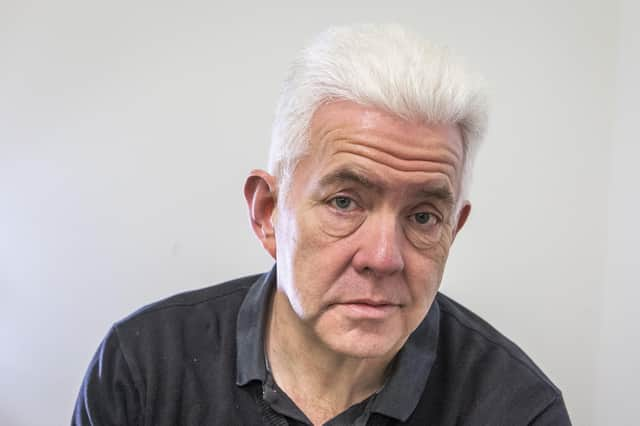As Bruegel and Beethoven prove, ordinary days can contain greatness - Ian McMillan


I would write about a day when nothing happened, when nobody did anything very much and later, if you tried to remember that day, you wouldn’t be able to because it was a blank in your diary, an empty space on your calendar, a gap in your life.
Except I couldn’t. The more I thought about these days of nothingness, they would always end up being days of somethingness. Not epoch-making days of course, but days that were full of day-to-day minutes and unremarkable hours that still rang with a kind of miniature significance.
Advertisement
Hide AdAdvertisement
Hide AdAs I wrote the piece, I tried to pick a day from the last seven that was the most ordinary, and I found that even on seemingly anonymous days, things that were outside the orbit of ordinariness seemed to happen.
On one of the days a bottle of milk leaked all over the place; on another day a squirrel tried to steal nuts from the bird feeder. One day I found a pound on the floor, another day I fell down a few stairs with a percussive bumping sound.
One day I found a huge leaf, another day I was catapulted from bed by cramp, another day I found a ring of toadstools growing on my mother-in-law’s lawn. Not huge events, I agree, but enough to inflate the day beyond the ordinary.
So perhaps it’s safe to say that no days are ordinary but most days aren’t extraordinary. There should perhaps be a third category, like Premium Economy on a plane between economy and first class; you could call it Premium Ordinary.
Advertisement
Hide AdAdvertisement
Hide AdOne way to insert the Premium Ordinary into a day is to look at it historically. Take today, for example: November 20. In 1805 Beethoven’s Fidelio, the only opera he wrote, premiered in Vienna, and the Second Treaty of Paris was signed ten years later.
On that day, someone might have fallen down some stairs at home and someone else might have found a toadstool ring on a patch of grass. As the huge events are taking place, the small events are happening.
The great painter Bruegel pictured that juxtaposition in his work Landscape with the Fall of Icarus, where the boy who flew so close to the sun that his wings melted has fallen into the sea and nobody is taking any notice; someone is ploughing, someone else is gazing up at the sky.
It’s a big day for poor old Icarus, of course, but it’s just a run-of-the-mill time for everybody else.
So I could start the column with “It wasn’t an ordinary day…” because they never are, and thank goodness for that. It was a Premium Ordinary day…
